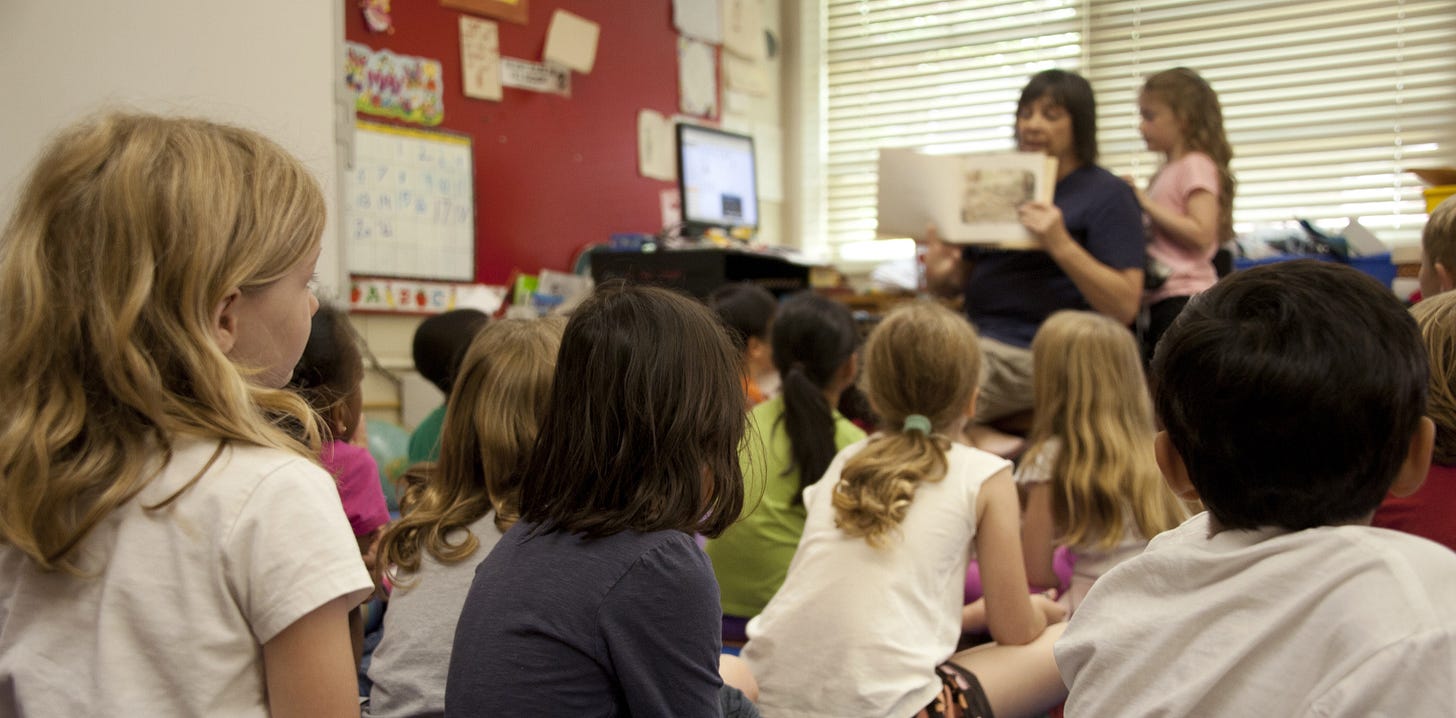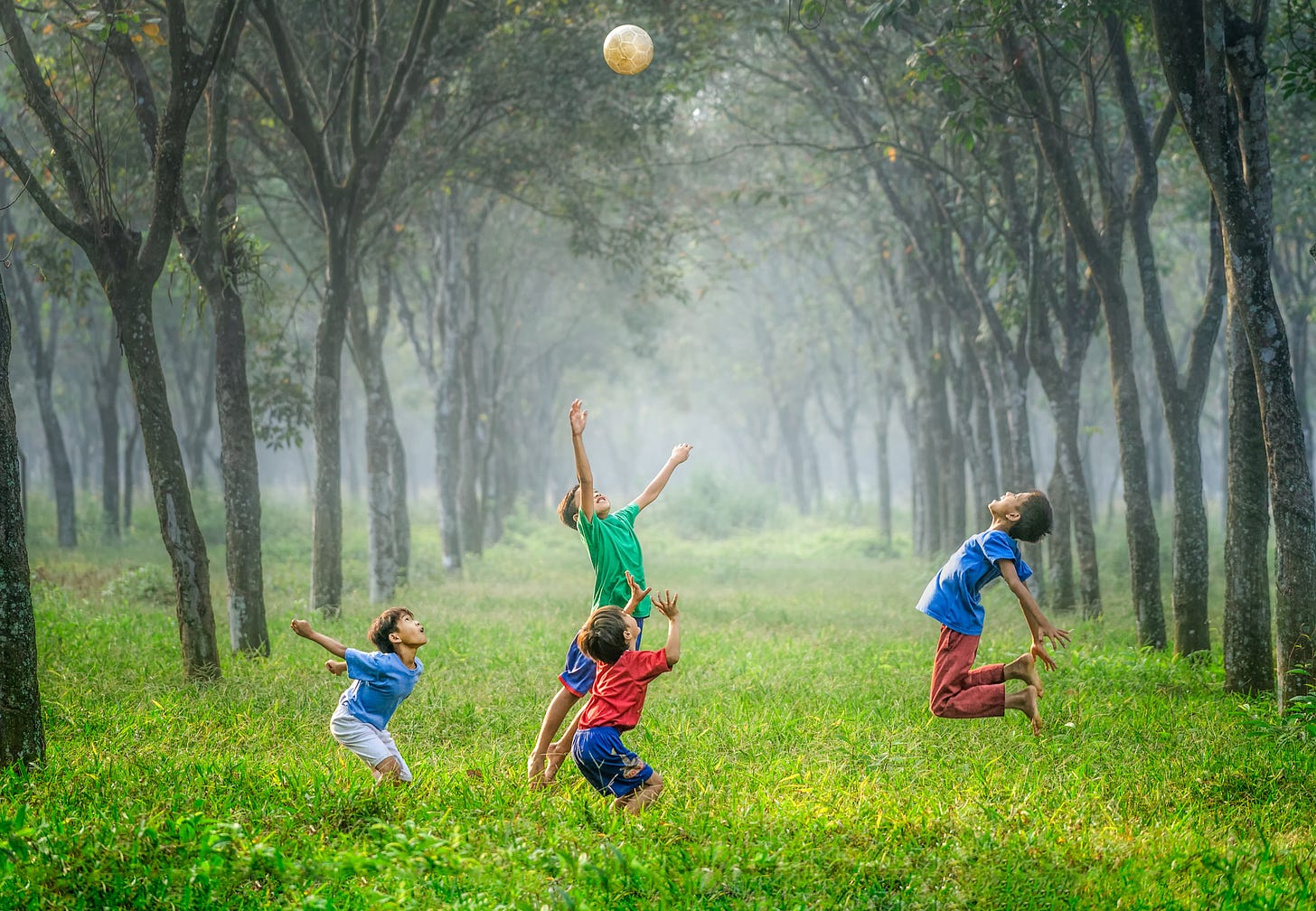Teaching the next generation about the planet
This generation grows up knowing that they will experience the increasingly destructive impacts of climate change in their lives and that halting global warming will be an extreme challenge.
The first question was how many countries I have visited. I proposed that I would name them one by one while they counted: Canada, United States, Mexico, … 65. One kid raised his virtual hand on the screen, and the teacher gave him the floor; “I was in Germany when I was seven, and I lost a tooth,” then a girl told me that she had been to “France and Cancun.”
When asked to speak at schools, I always try to find the time. If anything motivates me to talk about our challenges on this planet, it is the next generation. My generation will go down in history as the least sustainable of all that have ever lived, and the next generation has to work out how to get out of the mess that we leave behind.
Sustainable Development
When I was born, the concept of sustainable development didn’t even exist. For hundreds of thousands of years, we lived very sustainably but didn’t develop much until that changed, and we became increasingly developed but less sustainable.
Scientists got seriously worried in the early 1970s when the Club of Rome warned the world that we would reach the limits to growth within a century. It took another 15 years until environmental issues were firmly put on the political agenda by the 1987 Brundtland Report. From then on, it should have been clear to any politician that sustainable development and multilateral cooperation are essential to keep our planet a habitable one.
In that year, I was already studying human geography in the beautiful Dutch city of Utrecht. It was clear to the other students and me that most people still underestimated the threats posed by the destruction of ecosystems. But we were more focused on regional issues like acid rain than on global issues like climate change. I remember that we discussed the connections between environment and development at university, especially in the context of inequality and access to resources. Still, we didn’t yet fully integrate it into our work.
The challenge for the next generation
The 11-years olds that I addressed today know already far more about climate change than most adults knew in the late 1980s. These kids learn about greenhouse gasses, why they are increasing, and their effects. This generation grows up knowing that they will experience the increasingly destructive impacts of climate change in their lives and that halting global warming will be an extreme challenge that we mainly leave to them to tackle.
It makes them a different kind of kids than my generation; I noticed it in their questions and comments. We could switch from typical kids talk about losing a tooth in Germany to the consequences of oil spills in pristine nature. And the question of where I went to school was followed by one about the Kinder-Morgan pipeline.
I have often spoken at schools, but this was the first time I presented to kids in an online session. It was still fun but quite different since you miss so much of the interaction. I also realized what a challenge this year must have been for teachers, children, and parents.
My main takeaway is that I was impressed with their questions about the dying out of species, melting icecaps, or the role of governments in halting climate change. And they were quick to remind me of both sides of the argument in complicated issues; my opposition to new pipelines led to the highly relevant question of jobs for those that now work in the fossil fuel industry.
At eleven, these kids are preparing for a life on an increasingly hot planet. Before you know it, they will be in charge and sit around the table with the eleven-year-olds that are now still at schools in China, Brazil, or Nigeria; hopefully, all united in trying to save the climate, preserve biodiversity and stop pollution. I hope they will be successful; at least they started to prepare at a much younger age than any politician, CEO, or even climate activist of my generation ever did.
If you enjoy reading The Planet, you help other readers and me if you do one of the following:
If you don’t receive this newsletter yet, please sign up to receive it in your inbox. More signups make this publication more visible, and you have something to read while you drink your coffee.
If you have signed up and still like it, please consider taking a subscription. If you can’t afford it, please stay and keep reading.
If you have subscribed, you already made me happy. Stay, enjoy, comment, and consider giving a subscription to your friends.
Notes:
Photo classroom by CDC on Unsplash
Photo of children in nature by Robert Collins on Unsplash






This brought back memories of when we had experts come to our schools and give talks. I always loved that. What a different experience it must have been to do it online, though.
I makes me feel equally hopeful and sad that kids today are learning about climate change at a young age. I bet a lot of parents are learning alongside their children as it was not something my generation was taught at school. At least not to any important extent.
Children are our future and education is going to be key.
So nice that you get to talk to young ones about climate change. At 11 I had never even heard of the term. I can't even say for sure my daughter had and that was in the late 90's. Unfortunately these young ones will need to learn this stuff early.